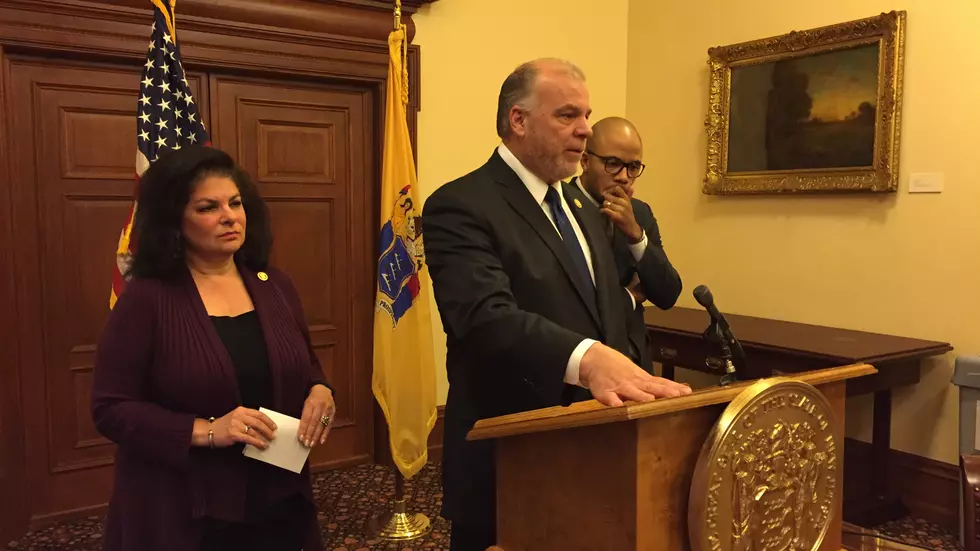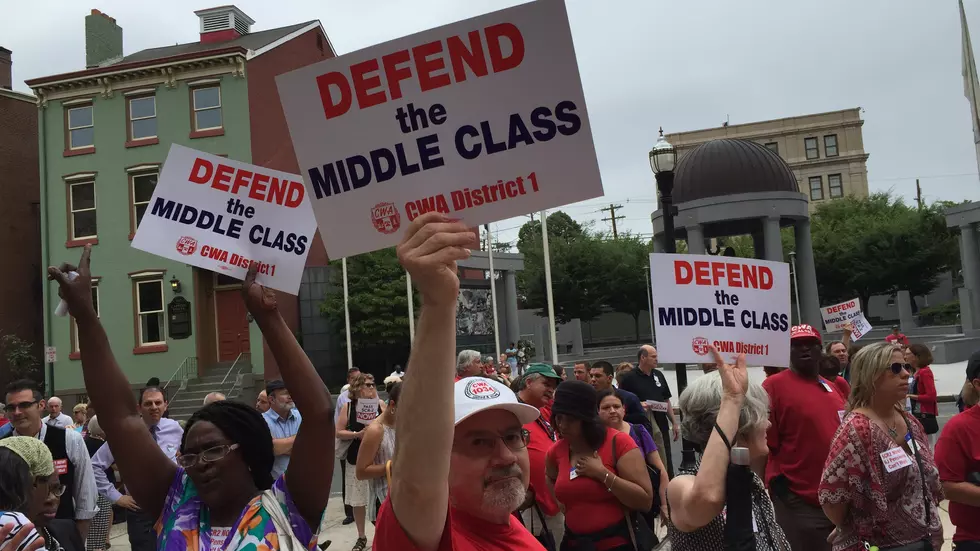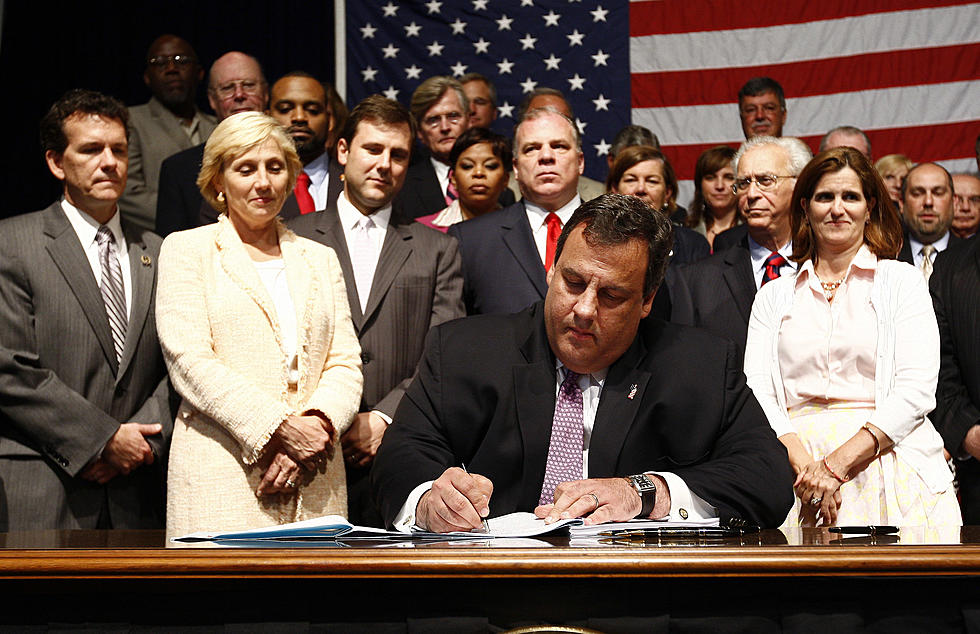
Spadea — It’s time for real solutions to NJ’s pension and benefit crisis
How do you fix the pension and benefit crisis in New Jersey?
Billions in debt and unfunded future liabilities are threatening the economic stability of our state. The burden of taxation increases every year and politicians in Trenton have failed miserably to offer any solutions.
I offered a couple ideas this morning and had some very positive feedback from many callers, specifically Kevin, who is on the board that overseas the Policeman Benevolent Association benefits. He agreed that it's time for digressive solutions to out-of-control pricing. As cost rise, politicians in Trenton and Washington refuse to address the problem. Both of New Jersey's U.S. Senators voted against allowing Americans to purchase less expensive, IDENTICAL pharmaceutical products from Canada.
Maybe the nearly $400,000 in contributions from the health care industry was the motivator for Sen. Cory Booker. In any case, shooing across state lines, allowing for competition that would dramatically reduce costs and therefore lower the amount needed from taxpayers, and separating the unions in order to allow for a change in collective bargaining that could reduce benefit costs similar to the actions taken in Wisconsin should all be on the table.
Did you know that by addressing public unions directly and changing the way benefits were negotiated, the state saved billions of dollars and went from a $3 billion-plus defect to a nearly-$1 billion surplus? And that teachers' salaries in certain areas actually went up? The key is to first make sure we treat the different unions separately as the job of Trenton government workers and cops on the street are very different.
The second step is to identify the need for plans that define the contribution from workers instead of defining the benefit. If we make these changes over the next few years, it's possible that we can save the system and stand up to the promises made to our hardworking public servants.
More From New Jersey 101.5 FM









